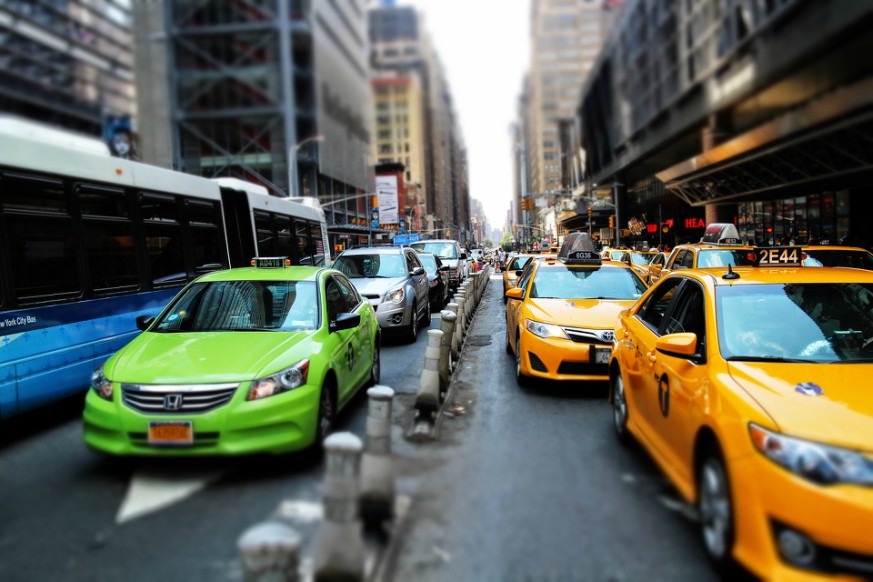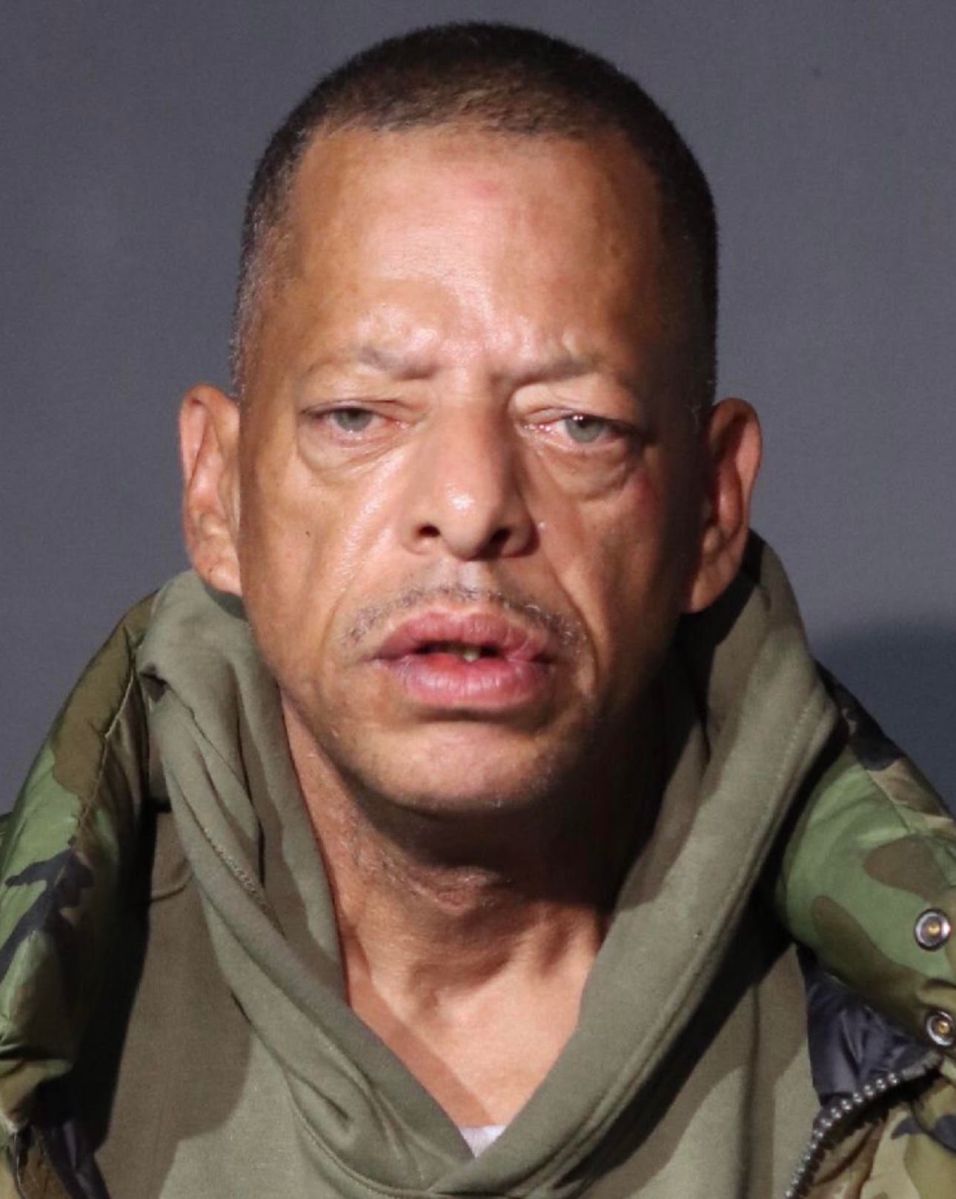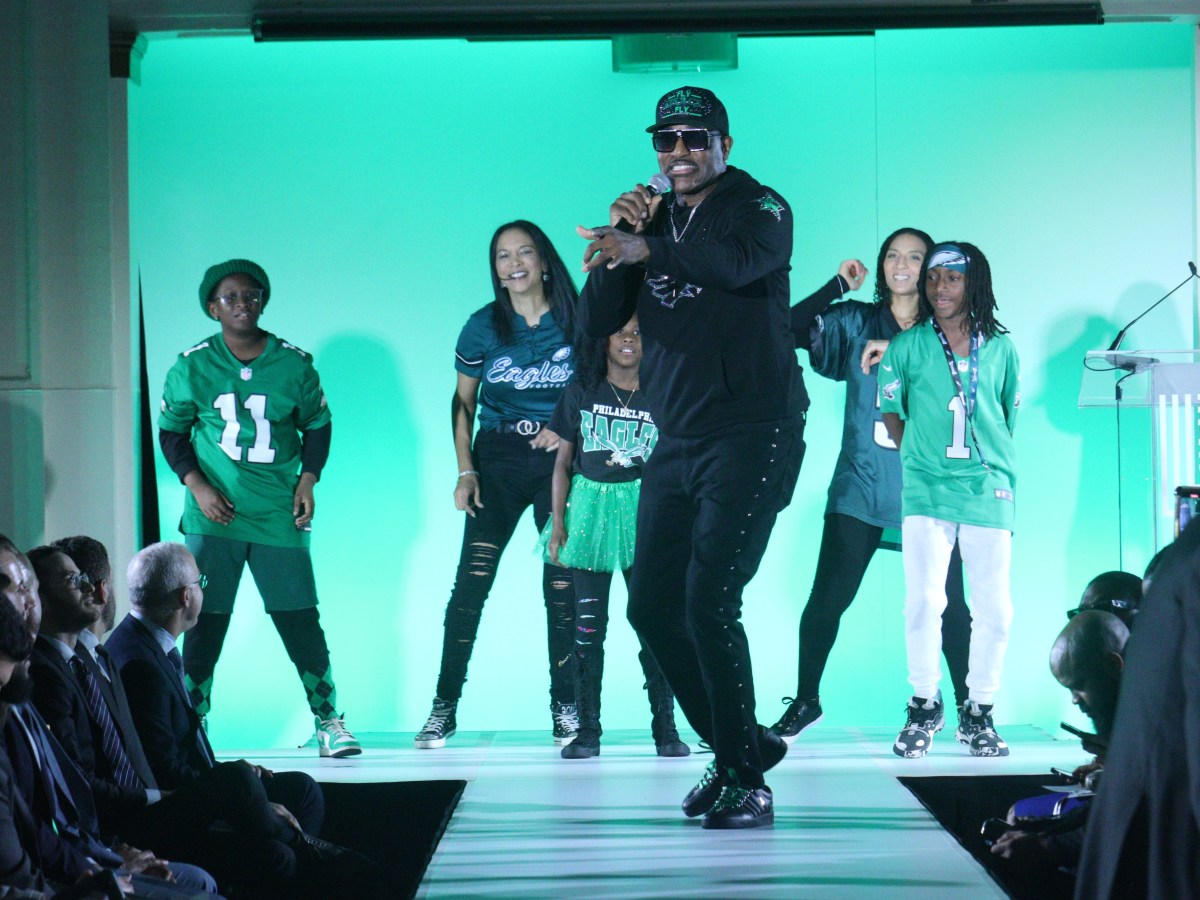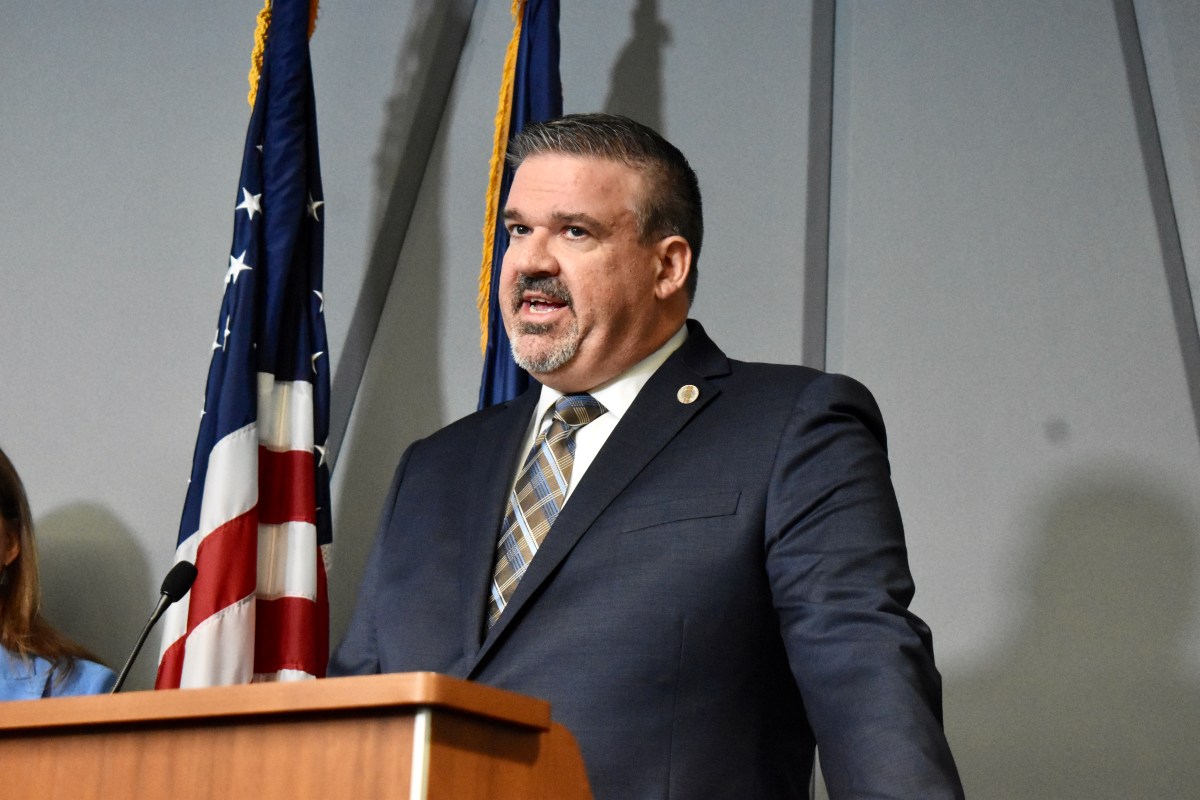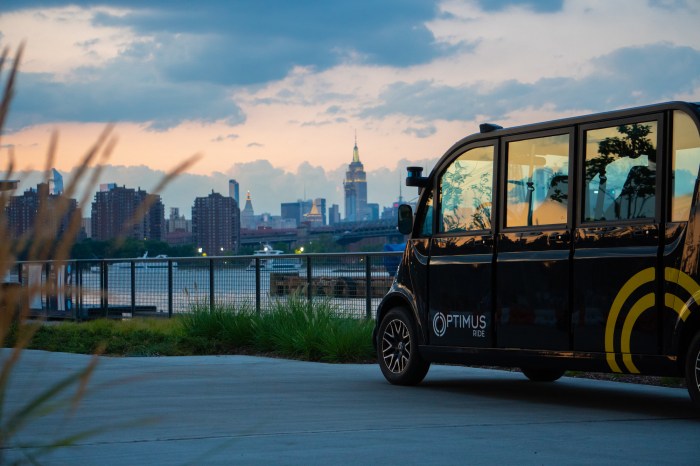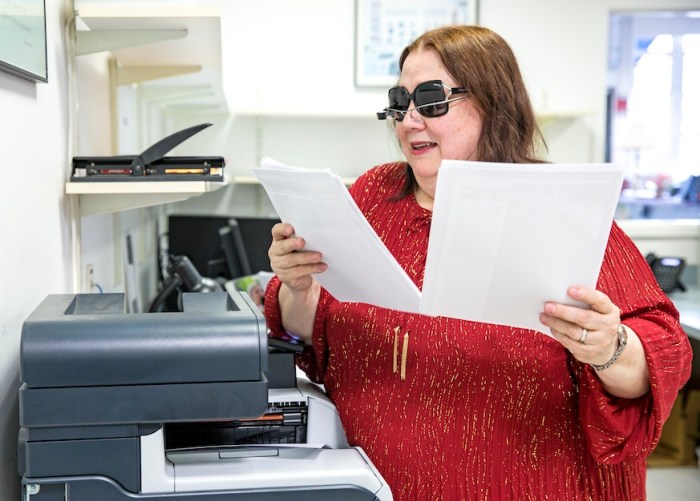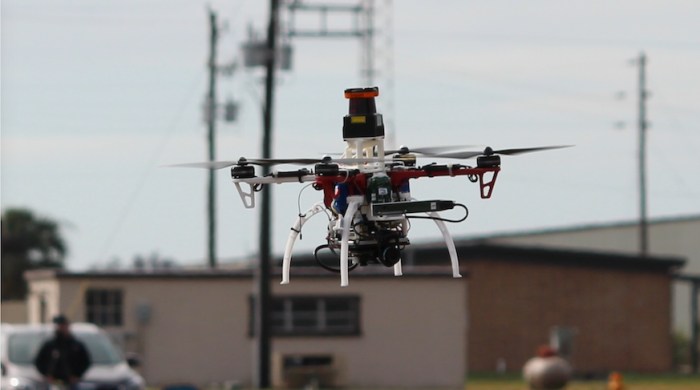New York City is noisy, and that fact is more than just an annoyance — it’s a public health concern. New York University researchers are trying to mitigate noise pollution in the five boroughs, but first, they need your help.
NYU researchers are calling on New Yorkers to sign up as “citizen scientists” for their project Sounds of New York City.
“Sounds of New York City is a project to monitor, analyze and mitigate urban noise pollution, and we’re taking what we call a cyber-physical approach to doing this,” said Mark Cartwright, a researcher with NYU’s Music and Audio Research Laboratory.
The physical part has to do with acoustic sensors that have been placed around the city and transmit audio recordings from high-noise environments. The cyber component comes in with machine listening models, which will identify what is the cause of the noise pollution.
Before that can happen, though, NYU needs volunteers to train those machine listening models.
People actually power a lot of machine learning, Cartwright explained, because before artificial intelligence can work on its own, it has to be taught which patterns to look for.
“We need a lot of labeled data that will say, ‘oh in this recording there are these different types of sounds,’ ‘there’s jackhammer in this recording, and a fire engine,’” he said. “Once we’ve plucked a lot of examples of that data, we can train our machine listening models to identify different labels assigned to the sources [of noise].”
Citizen scientists can do their part from home, as long as they have access to a computer. If you want to volunteer, just go to the citizen science platform online, listen to some audio clips and annotate them based on what the specific noise is coming from.
“It impacts the everyday lives of urban residents, so what better people to ask to contribute to this problem than those who are impacted by it?” said Cartwright. “And New Yorkers in particular are also very well suited to doing this task — more so than, say, if we asked non-New Yorkers — just because they have the context and experience of living in New York and knowing all of the sounds around them.”
Why New York City noise pollution is a big deal, and how NYU will help
Noise complaints to the city’s 311 system have risen from about 200,000 in 2010 to about 384,000 in 2015, according to a 2018 report from State Comptroller Thomas P. DiNapoli. In 2016, the city saw about 420,000 noise complaints, and experts warn the problem will just keep getting worse.
All that excessive noise can affect our mental and physical health, from increasing hypertension and cardiovascular disease to impairing the cognitive performance of children in school.
One of the biggest sources of New York City noise pollution (to probably no one’s surprise) is construction, especially after-hours construction noise.
Though the NYC Department of Environmental Protection has a noise code that lays out mitigation plans for all kinds of noise pollution, including designated times construction work may occur, it can be difficult for officials to enforce these rules.
 Getty Images
Getty Images
That’s where NYU comes in. Once the Sounds of New York City project is all set, researchers can build tools that help both citizens and city agencies better identify, understand and respond to noise pollution.
DEP particularly hopes to improve the accuracy and timeliness of its response to noise violation calls. The sensors will save DEP investigators’ time finding the source of sound, and the machine learning algorithm will identify the source, so responders know what sort of noise complaint they’re dealing with.
There are around 50,000 project recordings that need to be annotated by citizen scientists. More than 700 people have already helped out, but Cartwright said researchers need about 3,500 more people to volunteer.
“Hopefully by collectively addressing this problem,” he said, “we can help New York be a quieter place in the future.”

